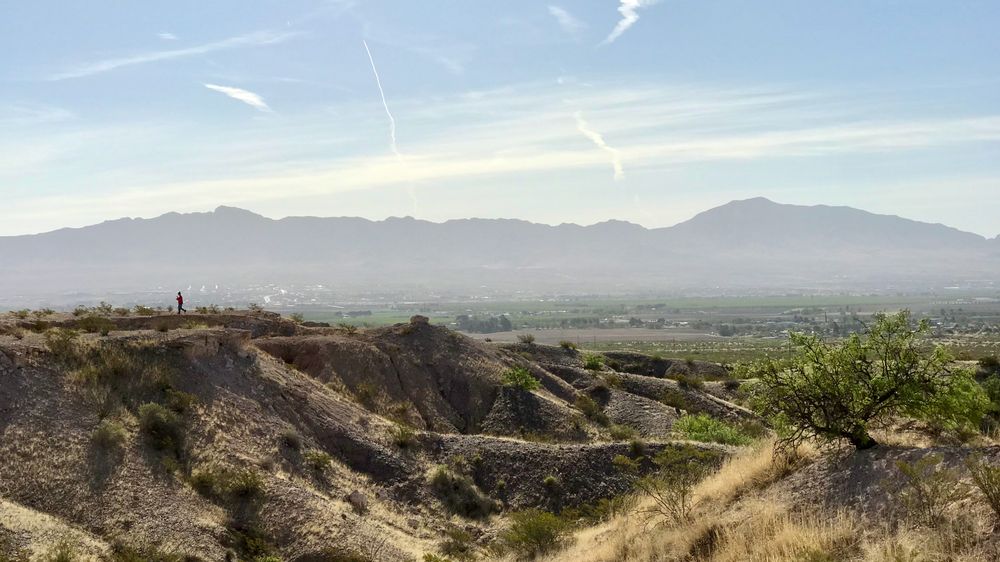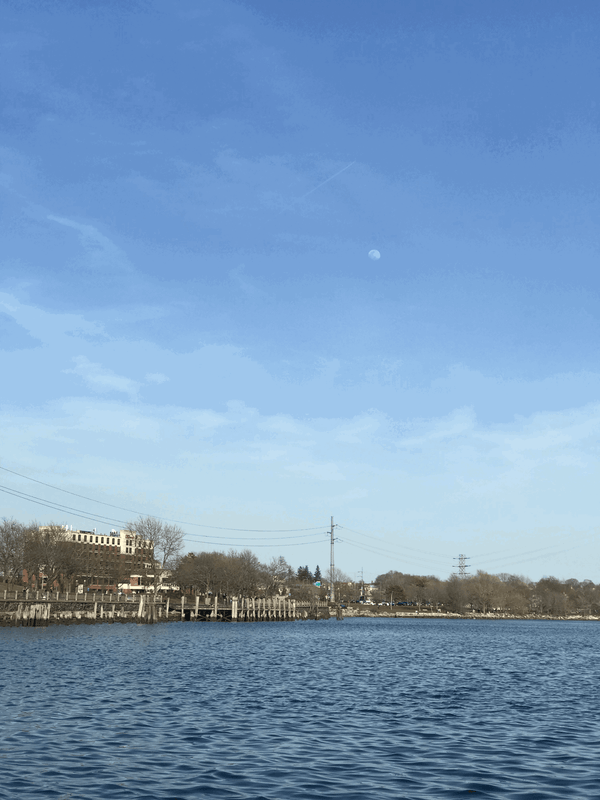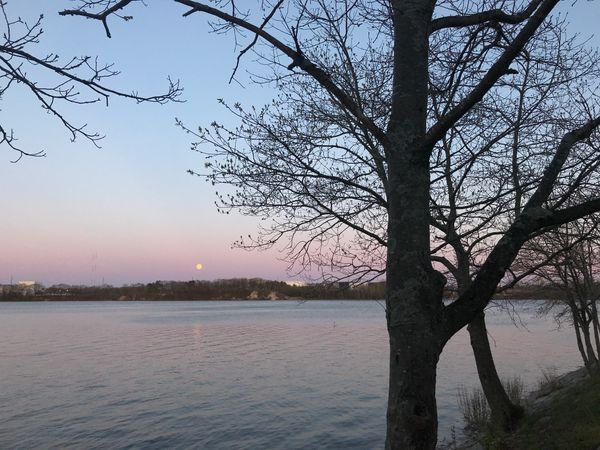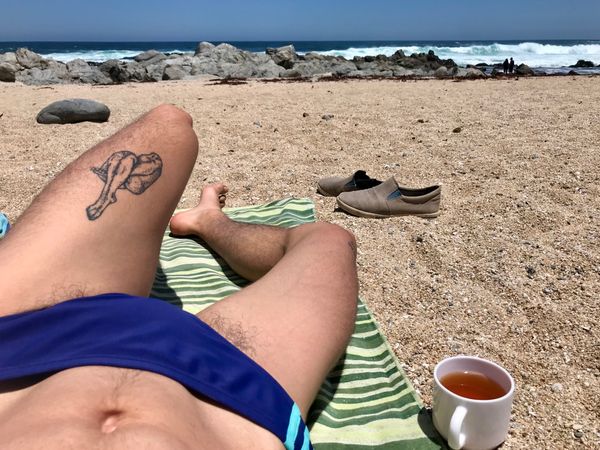Alien in the City
Searching for a unifying theory of exploitative spacetime
Lenapehoking, May-July, 2022
Note: The internal depths you encountered abroad are still there. It is from these depths that you will have to rebuild new definitions of culture, ‘normal,’ and relationship. From the dark and lonely experience of alone-in-a-crowd (or foreign-at-home) you must reassemble yourself as a human being.
— Conner Bouchard-Roberts, A Field Companion for Wandering
There comes a point where the idea of private property can’t fit into my head anymore. Whether it’s too big or too small, I’m not sure, but I know I can’t find it, can’t fathom nor accept it like I once did. Never did fully— but enough that I paid rent without falling into rage. Now the idea seems so preposterous to me I simply can’t imagine doing it again, though I know I will have to. And soon. I’m growing tired of the wandering, the unpacking and repacking, the home is everywhere no home. Thems the breaks, kid: wander and rough it for free here and there, or pay up to the landlords and the grifters. How can it be that we were all born (never asked) on the face of this beautiful rock tumbling through space, and now must pay to have a place to sleep, cook, work, love, merely exist. Pay to exist on an earth that was and always will be penniless, free.
We return to the cities of the Northeastern Seaboard feeling like Shevek landing on Urras1, aliens arriving home to congestion, private property, opulence, excess, spring, rain, gentrification, takeout, accumulation, root-cracked sidewalks, walled embankments, poverty, precarity, parallel parking, people, finally, everywhere. I want to squat and pee in the middle of the bushes as the urge strikes. I want to sit in the padlocked garden. Walk the dog in the forbidden park. Smell those flowers over there up on the hillside. Behind the wall. I again no longer understand gates, fences, unopenable doors. The mine, the yours, the lack of ours.
And the hours that from one bit of trees to another jump forward as though the sun weren’t simply setting all the same.
I am understanding that my brain functions beside time. Our languorous mornings, our slow leavings, our tardiness to all things. The institutional grasp slips. We time as moss spongeing in rain and drying across rock, that expansion and contraction over millennia. The line stretched into a spiral moving back through repetition. I’ve said this before and again and over I find myself here. “They Have Clocks, We Have Time,” resounds in my mind amidst time zone shifts, appointments, interminable lists, wondering what waiting really is. How the woods lend themselves to presence and attention so that waiting is simply being. But in the city the dullness of offices and fluorescent rooms alienates my minutes. Bureaucracy is a force against life. I feel there was a lesson I must’ve missed on how to move through this modernity of checkboxes and signatures, lines with numbers, and misgendering papers. Why would I fill out this form or that, what does any of it have to do with living? I want to hold onto this feeling of enstrangement but oh, it renders my already defective executive functioning a steaming pile of shit.
Yet I arrive, too, with intensified purpose and focus. In the breaks between traveling, when I have a steady bed and kitchen, I’m invaded by a strange and delightful discipline. I’m quicker to clean up after myself, take regular breaks, finally embrace habits otherwise worn out through drudgery. Routine arrives a welcome guest, yet won’t stay long. By the few weeks it takes to write this essay, it’s gone. But aware of the arbitrariness of work, of what can be counted and what as rest, leisure, whatever else, is discarded, I approach doing with a sort of equivocation, an ambiguous sense of duty where paying bills is the same as editing as sitting in the sun as baking bread. Everything is everything. I still put off answering emails.
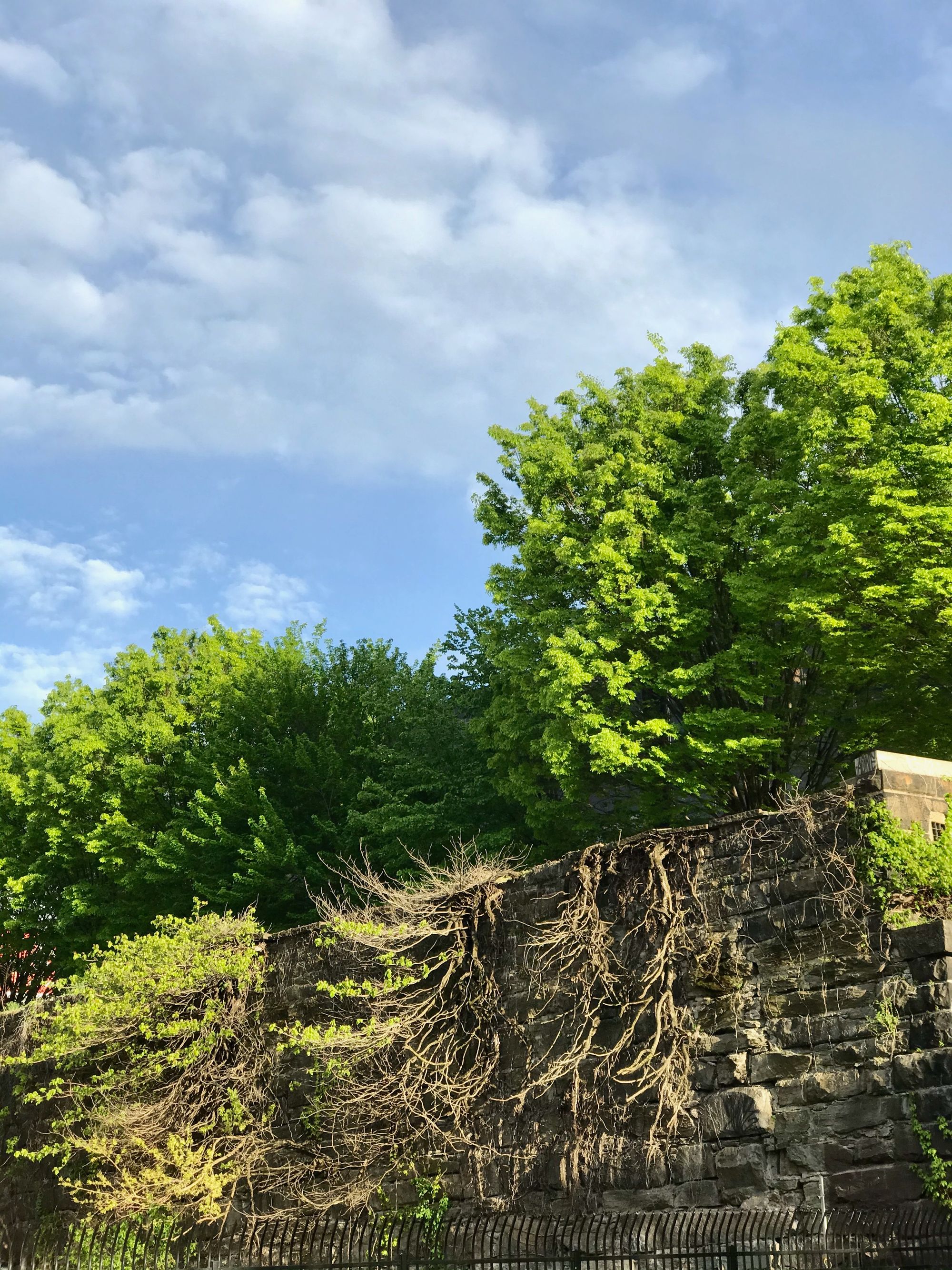
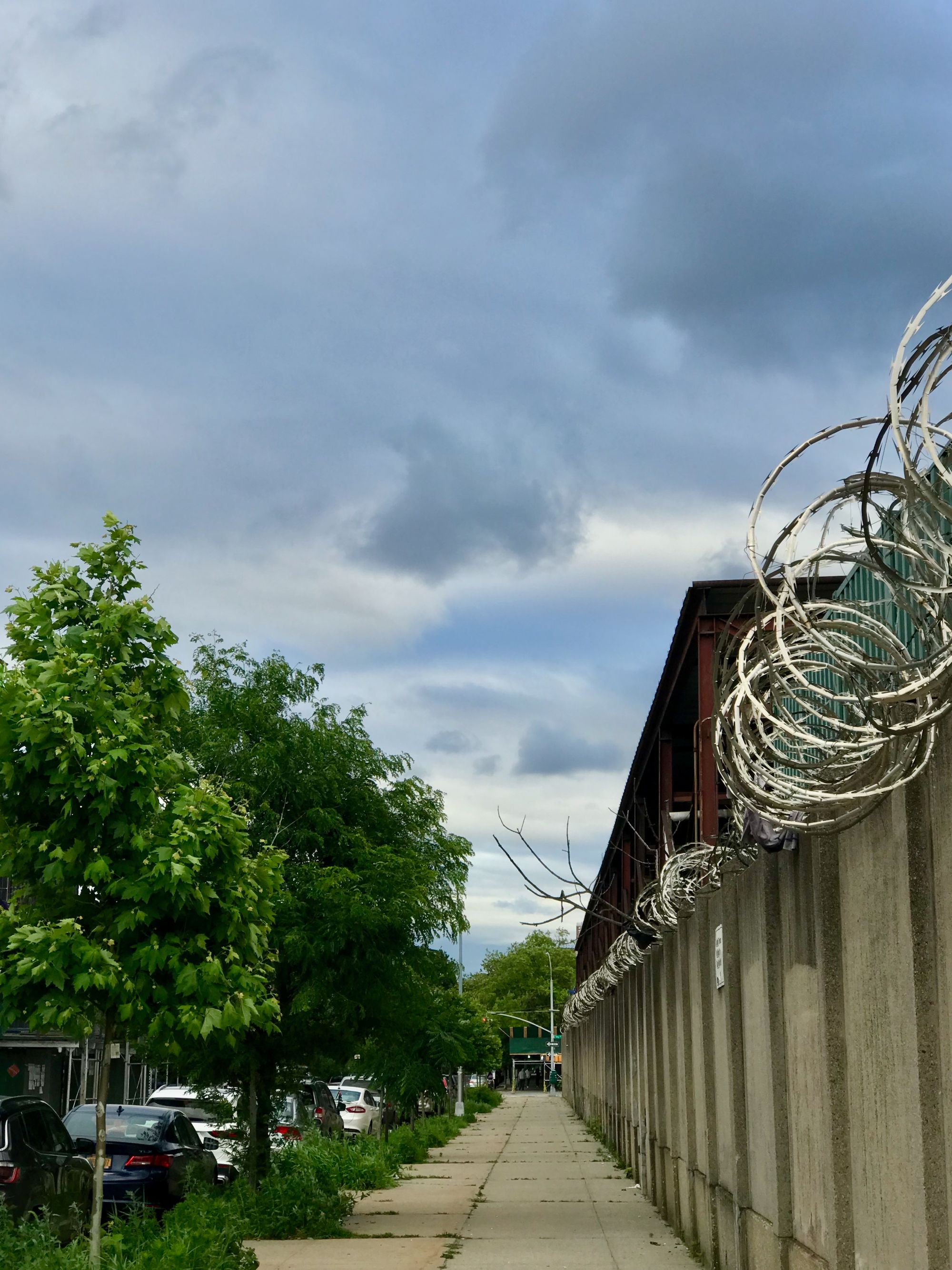
You are in New York City trying to rent a place in the rain. Committing to a year somewhere. Your monthly payments for empty space will soon exceed what we’ve lived off for over half a year now. Fees, applications, credit scores don’t add up.
How do the ghosts feel? How is the noise pollution? The bars on the window? The walking distance? The displaced?
I, too, am almost ready to call a space my own again. Hang things on the walls, have a mattress softer than the floor, maybe even a consistent day-to-day. I half-desire, wholeheartedly-despise the accumulation of things. Sedentary life lends itself to such accretion, sedimentation. I’m not interested in minimalism, but a lack of tethers against materialism. I believe it may be an addiction: the things; because I’m finding it true: the less I have the less I want. Except books. And tea. And maybe clothes. See, I have more to (fearfully) let go of yet. A certain apprehension about how far to release, how free I might become, empty-handed. How long can I continue knocking on doors asking for a roof? Will I just float away at some point?
When I was a picky child whose different foods couldn't touch and who refused any vaguely mushy or slimy textures, my mom used to tell me a story to get me to eat. It was about a little boy much like myself, who like me, played at the park and climbed and jumped and ran. This boy also ate very, very little. So little, in fact, that he grew terribly thin. Chupulaco, que era tan flaco que se escondía detrás de los postes de los columpios y no lo veían. One day at the park, he climbed up a structure to ride down the slide when suddenly a great wind blew, and the boy was so skinny that the wind blew him away. He tumbled up, up and off into space and was never seen again.
I was never fully convinced by the story, in part because I wanted to fly. Would it be so terrible to turn into a kite? I could see my body spreading like a sail, feel the rush I got whenever we travelled by plane. I didn't want to get big and strong like the other boys.
(you find space, you take space, you own place and space and property, space [property] defines who and where you are and authenticates your owning-presence which is paired accumulation-as-dispossession [this is mine, not yours, get out])
— Katherine McKittrick
How to see the weft of property and warp of clocks, searching for a unifying theory of exploitative spacetime. Will squatting reemerge as a possibility? It was a dream until it was realized until somehow it became a dream again, a not-quite-imaginability. But we could always once again make claiming a home through time, seven years paying bills and no rent and no mortgage, a viable option. Couldn't we?
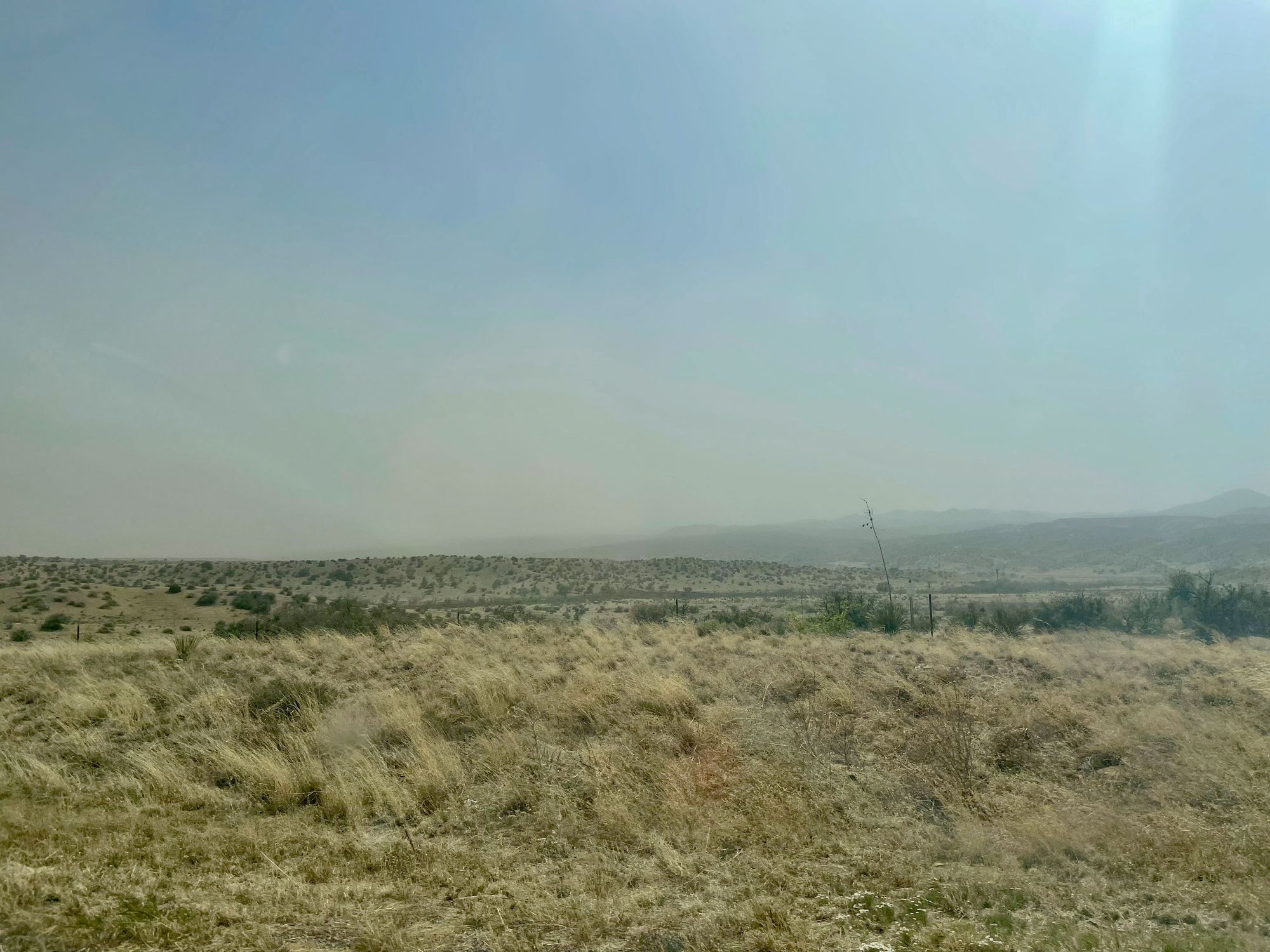
You cry out to identify the Prada store in the middle of the desert and I set the book down in my lap, catching a blur of facade transplanted and parked van and selfie. I am reading aloud to you from $pread, a collection of sex worker writings. Everywhere dust and ghost towns, futile to try to distinguish one distant pile of rock from another. Picking the book back up again, I am struck by this characterization of a client: “Right here is a man whose senses have been sealed off by a lifestyle of eating in steak houses and drinking martinis. Sacred prostitutes are not part of his reality.” That challenge, to engage with senses severely dulled.
I think about this in the dark, straining for stars lost in the bright flash of your headlamp in my eyes. In the dust storm, unable to see two meters ahead through the beige gray wind. Tasting shakshuka prepared over a single flickering alcohol burner besieged by bugs, reveling in how camping food always hits different. Despite or because of the limitations? Sensing the movement of a black bear in the woods beside the river, catching glimpses of their unbothered amble up the hillside. Feeling the river warming as we trek through valley in vain search for hot springs, attempting to detect through fingertips subtle changes in temperature, clues in the cliff face, forking paths we might’ve missed. And always the accumulation of sounds, chirps, burbling, rustling, voices, rumbles, buzzing, crunching, this learning to listen beyond what I’ve taken to be possible.
Driving all across the country we marvel at how little is unchained. Permission needed to throw our tent out upon the dirt. How barbed the expanses of grass, the hills roiling under lines in the sand. “Nothing for nobody,” says Professor Stefanie Dunning at the Earthseed Land Collective in North Carolina. Take it all away, leaving everything in its place. Dream the land released back to itself, to its own sans ownership.
The city thunders and pours cleansing. Tercer aguacero de mayo, mi amor. What will grow now?
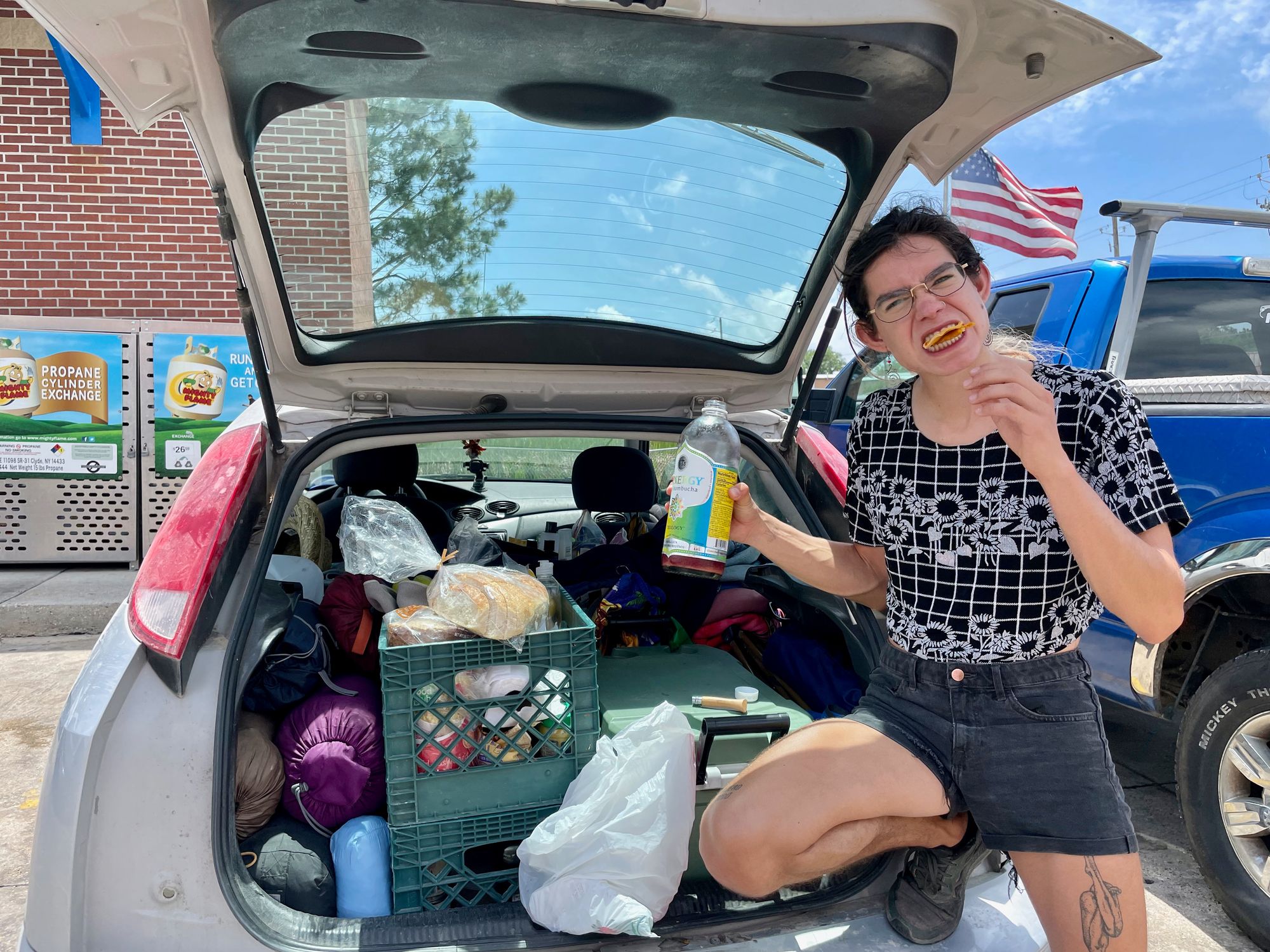
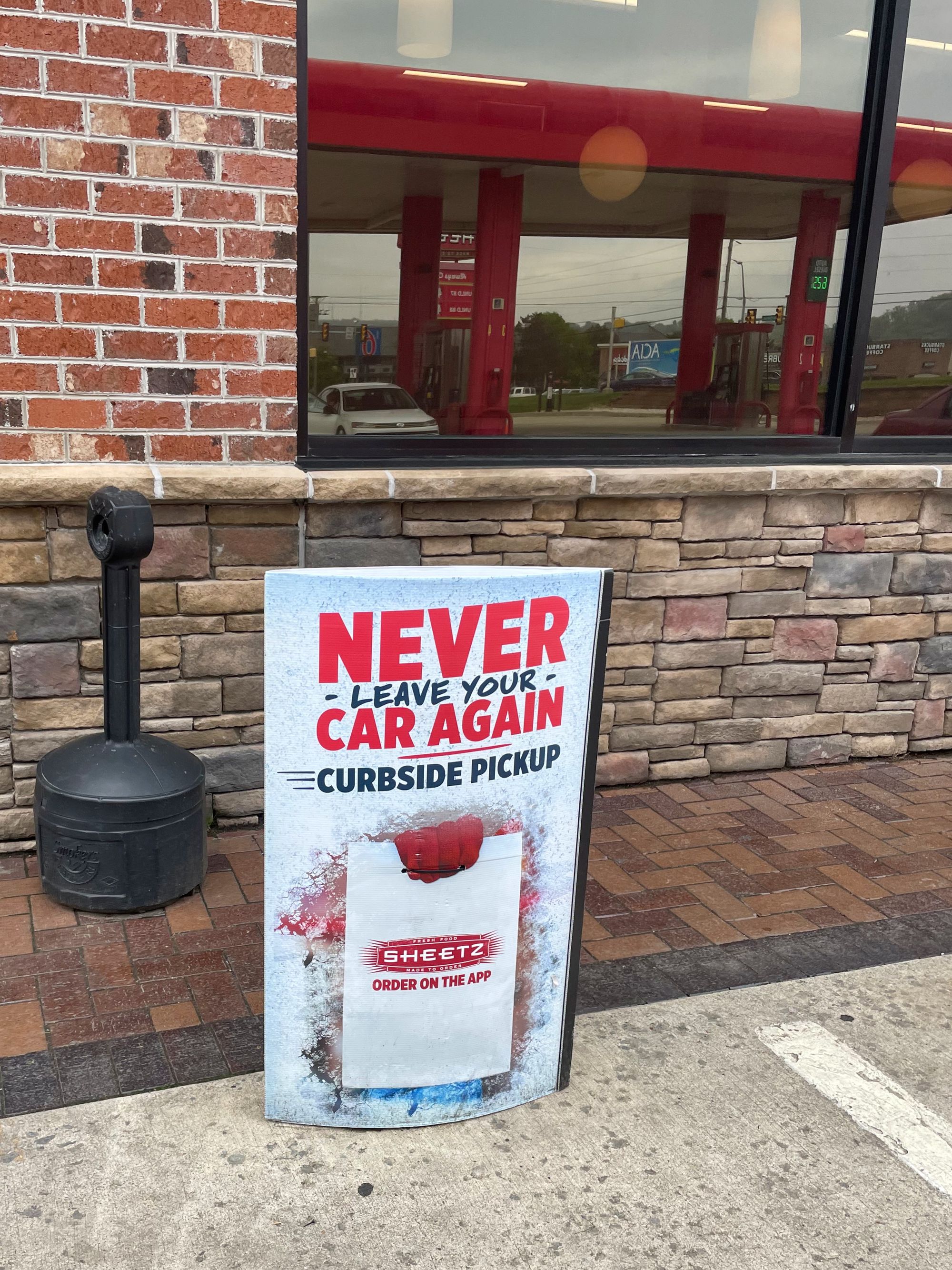
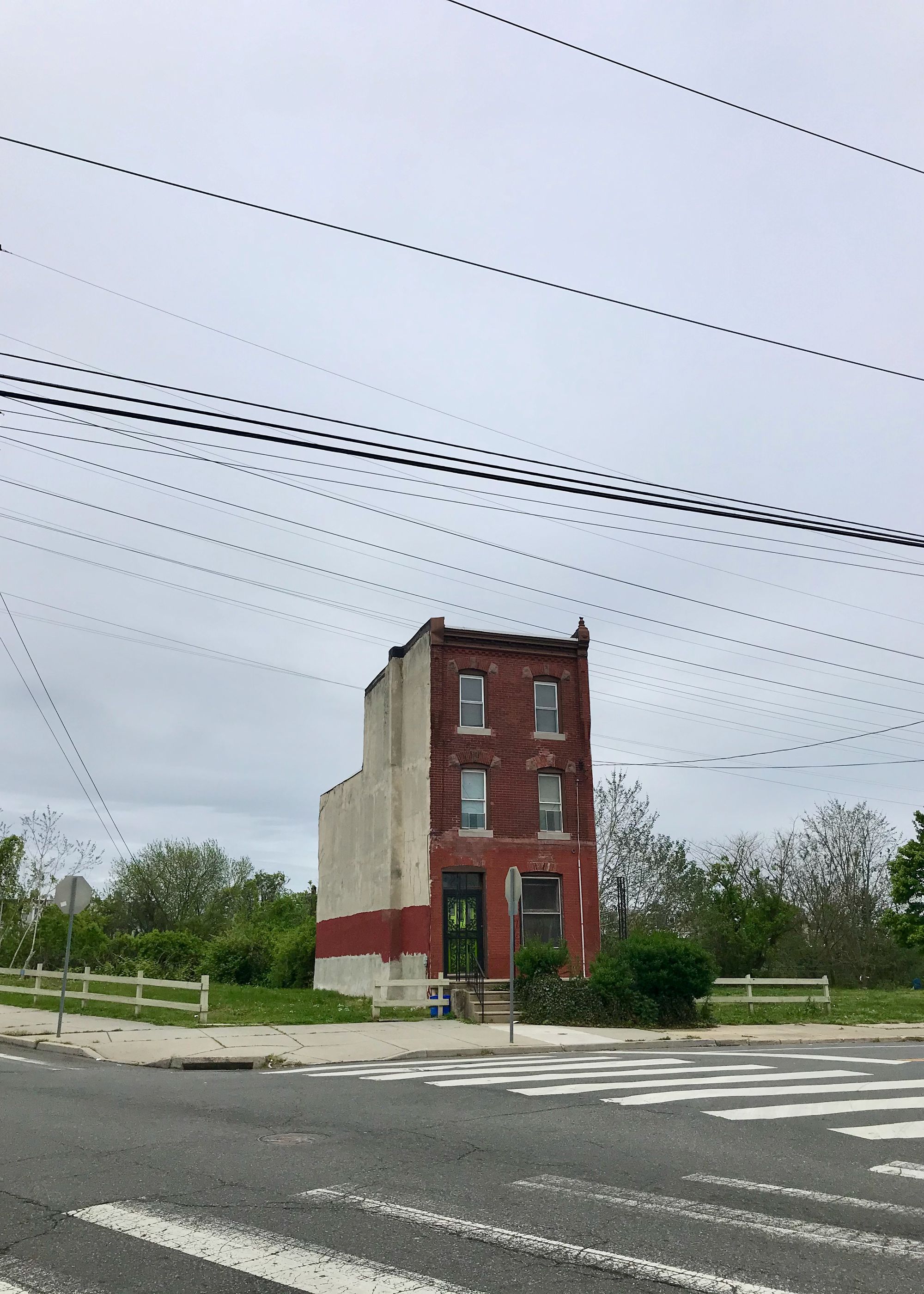
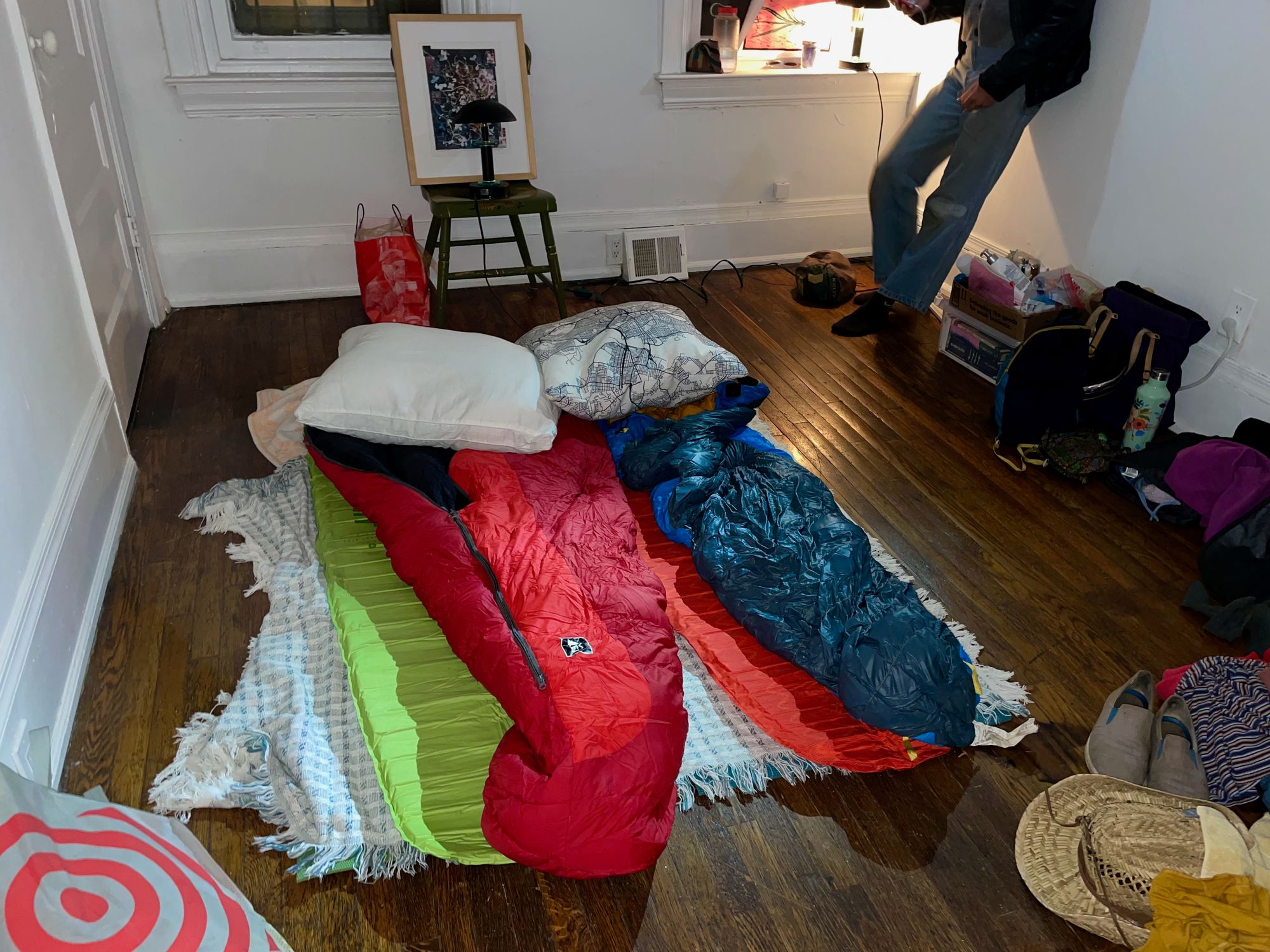
We see “Everything Everywhere All at Once” in a strip mall somewhere in the middle of North Carolina. The day has already been a richness: reading about anti/decolonial time, Black Quantum Futurism, sitting in the sun and a light patter of rain, reciting from a thick book of that bastard Neruda’s and reveling despite, attending a talk about healing our nature and land and selves as one effort at the radical farm. And now here we are, waltzing into the empty multiplex (soon to be mausoleum) for free, too high-tech to be asked for tickets.
A relentless stream of images, sounds, simultaneous stories, mediums, reminiscent of having a million tabs open or scrolling through tiktok to the extreme. We walk out dazed. My ears ringing. In the car you discuss the movie with our friend. Back seat, I roll the window all the way down and stick my head out. Blasted. Air tugs my hair in a purple stream behind my head, invades my ears mouth nose with night, spring flowers, truck exhaust, highway dust. How long does the wind empty me? Conversation continues indecipherable in the front seat. Movie runs again behind my eyes.
Nihilism, existentialism battering me over the head. How little room was left for interpretation. How little trust in us, how overdetermined the message. Is that what dulled senses require? Barrage? How violent the playfulness. I was excited, moved, and awed by the film, yes, but need this cleansing of speed to return to myself, so disembodied by sensory overload. I burst out laughing at the absurdity, the everything bagel. Slobber like a dog out the window.
Now, Philly feels over intense and against my perception too. Pent-up energy encounters the chaos of people diving into the street aggressive driving advertisements everywhere, demands release. We arrive, unload, throw sleeping pads on the bare wood floor. A little rest before we ready for the night, such is the life of the city. Hot water across my back, hair unknotting into softness. A balance to clean between toes, an awareness of waste and ornament in makeup and elegant dress. Still a stranger slipping into soft, fresh garments of borrowed velvet.
Praise the black ink licking down the length of my lid! The blink and its undesired redirection. My wings will be bolder than planned, praise. Playing opulence feels good, but so disjointed from my desire for untethering.
We wear masks on the greasy subway to the Nilüfer Yanya concert, take them off in the crowded room. The music invites screaming, space taking, shaking, demands release. But the crowd mostly stands still, softly bobs. I feel my elbows and knees contained. Hips can only sway nonthreateningly, barely erotic, apologetic. Not quite the press of bodies needed to preempt and forego excuses for touch, but not enough space to explode in, either. During a bitter noise-filled shred toward the end of the show I’m ready to mosh, leap, bump against anyone willing to hold me. It simply doesn’t happen. We stand at attention.
Walking home you say you understand the punks a little more, perhaps— that urge to be fully spent. If only we could find it outside of a punk show, because that music hardly moves us so. Why is our crowd so careful, so contained. We seem to have taken the cops into our own flesh. They don’t break up these parties because there’s no need. The squad car simply hunches outside, rainbow-adorned. The lights swinging all night in the corner of my eye mix with the stage’s. We don’t touch strangers, here in the city. Nor trees. Sane, sanitary, sanctified. Very little of sanctuary.
Such opulence amidst decay. Philly is in the starkest abandon I’ve yet seen in our travels. The distance between glory past and present neglect impresses itself through most every inch of cracked open sidewalk, gap-toothed blocks of townhouses charred and renovated, city parks where lovely old wooden bridges surrender to river and rot, great tangles of vines hardly held back by hewing and mowing. I marvel at all the handwork that must’ve gone into these walls of uneven stone, the hauling, stacking, fitting. Now they keel over into the hillside, dragged down by roots to herald a return to soil. The rewilding I wish for reveals itself here as a messy, destitute process. I wonder how to honor the work and the workers that built our cities while allowing it all to return to moss.
An ornamented, carved horse trough in the boulevard median overflowing with grass and covered in green. A bridge spouting water between the exposed rebar, ready to collapse on our heads at any moment. But the colonizer monuments and statues are kept free of overgrowth. They proclaim freedom ghastly in hammers and striking hooves. Along the riverside the fountains are dry, the benches in pieces. The pilgrim still stands at attention with hardened demeanor. Hewn into stone are odes to property, enterprise, land broken beneath a gleeful yoke. Northern nationalism in its trappings of liberalism glitters fascistic. Progress and property, the monuments proclaim, time and space constrained! Redcoats of history painted over and over each other close in, suffocating.
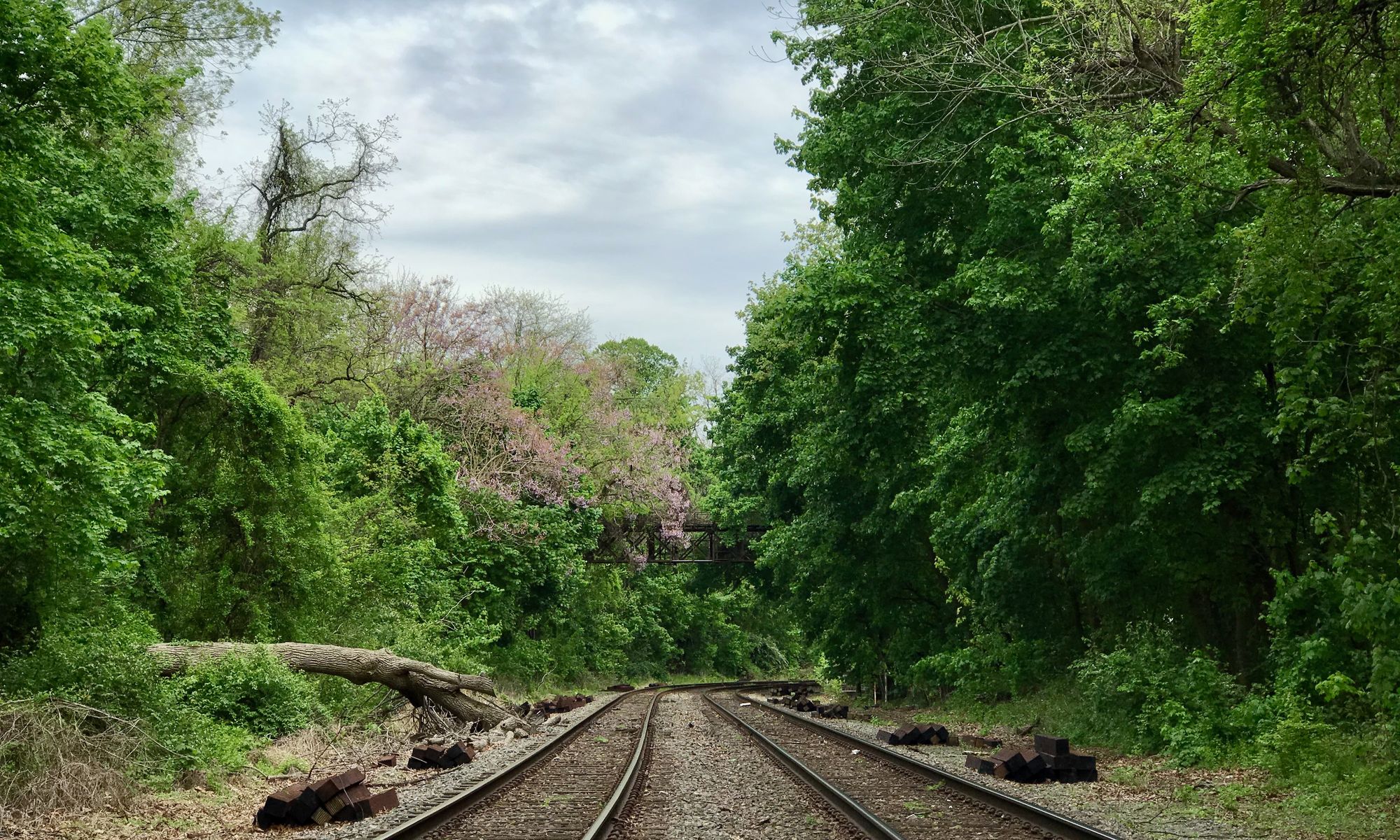
References
- "Saio Pae had taken him 'shopping' during his second week in A-Io.
…
The whole experience had been so bewildering to him that he put it out of mind as soon as possible, but he had dreams about it for months afterwards, nightmares. Saemtenevia Prospect was two miles long, and it was a solid mass of people, traffic, and things: things to buy, things for sale. Coats, dresses, gowns, robes, trousers, breeches, shuts, blouses, hats, shoes, stockings, scarves, shawls, vests, capes, umbrellas, clothes to wear while sleeping, while swimming, while playing games, while at an afternoon party, while at an evening party, while at a party in the country, while traveling, while at the theater, while riding horses, gardening, receiving guests, boating, dining, hunting — all different, all in hundreds of different cuts, styles, colors, textures, materials. Perfumes, clocks. lamps, statues, cosmetics, candles, pictures, cameras, games, vases, sofas, kettles, puzzles, pillows, dolls, colanders, hassocks, jewels, carpets, toothpicks, calendars, a baby's teething rattle of platinum with a handle of rock crystal, an electrical machine to sharpen pencils, a wristwatch with diamond numerals; figurines and souvenira and kickshaws and mementos and gewgaws and bric-a-brac, everything either useless to begin with or ornamented so as to disguise its use; acres of luxuries, acres of excrement.
…
And the strangest thing about the nightmare street was that none of the millions of things for sale were made there. They were only sold there. Where were the workshops, the factories, where were the farmers, the craftsmen, the miners, the weavers, the chemists, the carvers, the dyers, the designers, the machinists, where were the hands, the people who made? Out of sight, somewhere else. Behind walls. All the people in all the shops were either buyers or sellers. They had no relation to the things but that of possession."
— Ursula K. LeGuin, The Dispossessed
Aimee, Rachel, et al. $Pread : The Best of the Magazine That Illuminated the Sex Industry and Started a Media Revolution. Feminist Press at the City University of New York, 2015.
Biss, Eula. “The Theft of the Commons.” The New Yorker, June 8, 2022.
Bouchard-Roberts, Conner. “Notes to Self.” A Field Companion for Wandering. Winter texts, 2021.
Dunning, Stefanie and Adé Oni. “Flesh of the Earth.” The Kitchen Convos, May 1, 2022, Earthseed Land Collective, Durham, NC. Lecture.
Lambert, Léopold. “They Have Clocks, We Have Time: Introduction.” The Funambulist, Issue 36, June 21, 2021.
Le Guin, Ursula K. The Dispossessed: An Ambiguous Utopia. 1974.
McKittrick, Katherine and Betelhem Makonnen. “Demonic Grounds.” Antennae, Issue 57, Spring 2022, p. 15.
Hartman, Saidiya. Lose Your Mother: A Journey along the Atlantic Slave Route. Farrar, Straus and Giroux, 2008.
